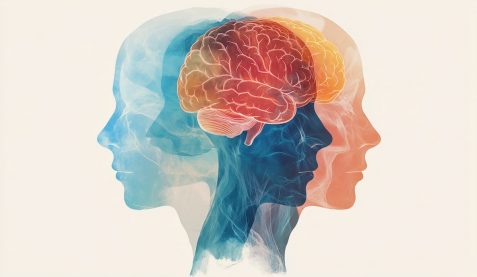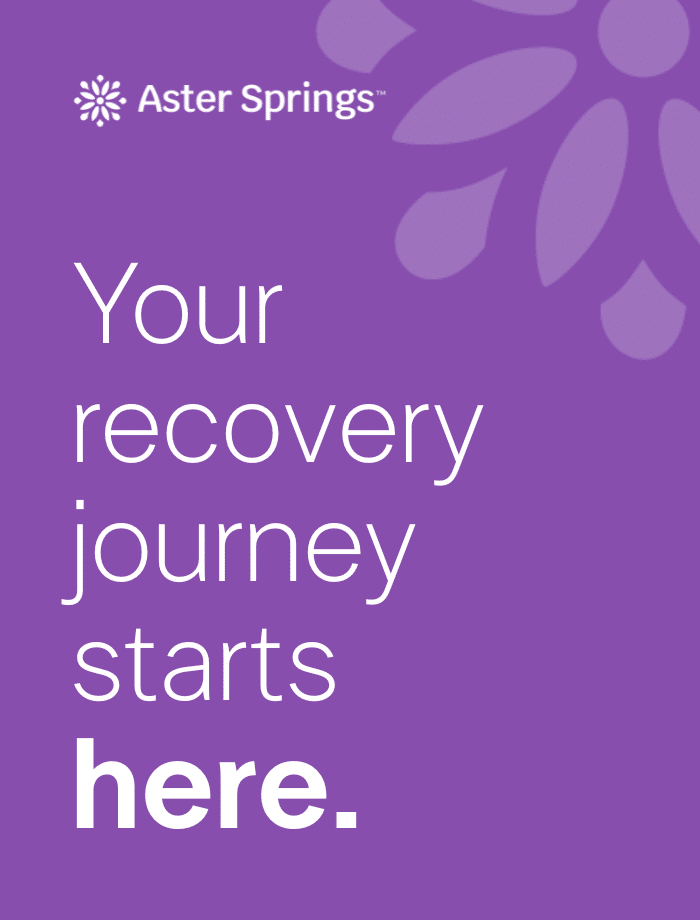Binge eating disorder is a mental health problem characterized by a compulsion to consume a larger amount of food than usual and not being able to stop. This eating disorder can have harmful physical, psychological, and emotional consequences and requires treatment to prevent serious complications. To fully understand this eating disorder, looking at risk factors, symptoms, and treatment options is essential.
What Are the Risk Factors for Binge Eating Disorder?
A few different factors contribute to binge eating, and not all of them are under our control. Some of these risks we have no control over, like genetics and age, but we can modify others, such as mental health and eating habits, with the help of a healthcare professional. Risk factors include the following:
- Genetics: A family history of an eating disorder can contribute to developing an eating disorder.
- Gender: Binge eating occurs more frequently in females than males
- Age: Adolescents and young adults are more likely to be affected.
- Mental health: Issues like depression, poor self-esteem, and negative body image can lead to binge eating.
- Dieting: Restricting food often results in binge eating (1).
Why Do People Binge Eat?
The reason for binge eating isn’t precisely known, but the risk factors discussed contribute to its occurrence. Frequent dieting also contributes to binge eating. Binging is often a reaction to food restriction, so it is crucial to develop normal eating patterns with the help of a healthcare professional who specializes in eating disorders. Some people believe that individuals binge because of stress. While emotions can contribute to binge eating, they are not the sole trigger. The desire to gain control in one’s life often drives binge eating (2).
What Are the Signs and Symptoms of Binge Eating Disorder?
There are various signs and symptoms of binge eating disorder. They may vary in severity and can range from physical to psychological and behavioral symptoms. The following are signs of binge eating disorder:
Physical Signs
- Inability to concentrate
- Changes in weight
- Gastrointestinal problems (abdominal pain, constipation, and acid reflux)
Behavioral Signs
- Leaving evidence of large amounts of food being consumed (food wrappers or containers)
- Collecting or storing food
- Taking food without permission and concealing it
- Creating schedules to accommodate binges
- Skipping meals
- Body checking
- Frequent dieting
- Isolating from friends and family
Psychological Signs
- Discomfort or fear of eating around other people or in public
- Poor body image
- Low self-esteem
- Feelings of shame and guilt
- Depression (2)
How to Diagnose Binge Eating Disorder
Healthcare providers can diagnose eating disorders, like binge eating disorder, by evaluating symptoms, eating habits, and behaviors. According to the Diagnostic and Statistical Manual of Mental Disorders (DSM-5-TR), the criteria to be diagnosed with binge eating disorder include a combination of the following:
- Recurring, frequent episodes of binge eating at least once a week for more than three months
- Eating large amounts of food in a short period of time
- Feeling a loss of control during binge episodes
- Eating quickly
- Eating until physically uncomfortable
- Eating without feelings of physical hunger
- Feeling embarrassed, ashamed, and guilty after binge episodes (3)
Even if all or some of the criteria aren’t met, treatment may still be necessary to prevent issues with eating from worsening or becoming a full-blown eating disorder. Not every person’s struggles with an eating disorder look the same, but treatment is equally important.
Treatment of Binge Eating Disorder
There are several effective treatments and therapies for treating binge eating disorder, and a combination of therapies usually gives people the best results and chances of long-lasting recovery. The following are common treatments for binge eating disorder:
- Psychotherapy (cognitive behavioral therapy and dialectical behavior therapy)
- Nutritional counseling
- Medication management (1)
If you think you or your loved one has symptoms of binge eating disorder, early intervention is key to long-term healing and recovery. The team at Aster Springs is here to help you navigate the journey through treatment.
References
- Mayo Clinic. (2018, May 5). Binge-eating disorder. https://www.mayoclinic.org/diseases-conditions/binge-eating-disorder/symptoms-causes/syc-20353627
- National Eating Disorders Association. (2022). Binge eating disorder. https://www.nationaleatingdisorders.org/learn/by-eating-disorder/bed
- BodyMatters Australasia. (n.d.). DSM-V diagnostic criteria for eating disorders. https://bodymatters.com.au/wp-content/uploads/2015/01/DSM_V_Diagnostic_Critera_for_Eating_Disorders.pdf
Author bio:
Kate Delaney Chen, BSN, RN-BC is a healthcare writer and registered nurse with over 17 years of bedside experience. She specializes in Psychiatric Nursing and Nephrology and currently works at a nationally recognized Inpatient Eating Disorders Program.


